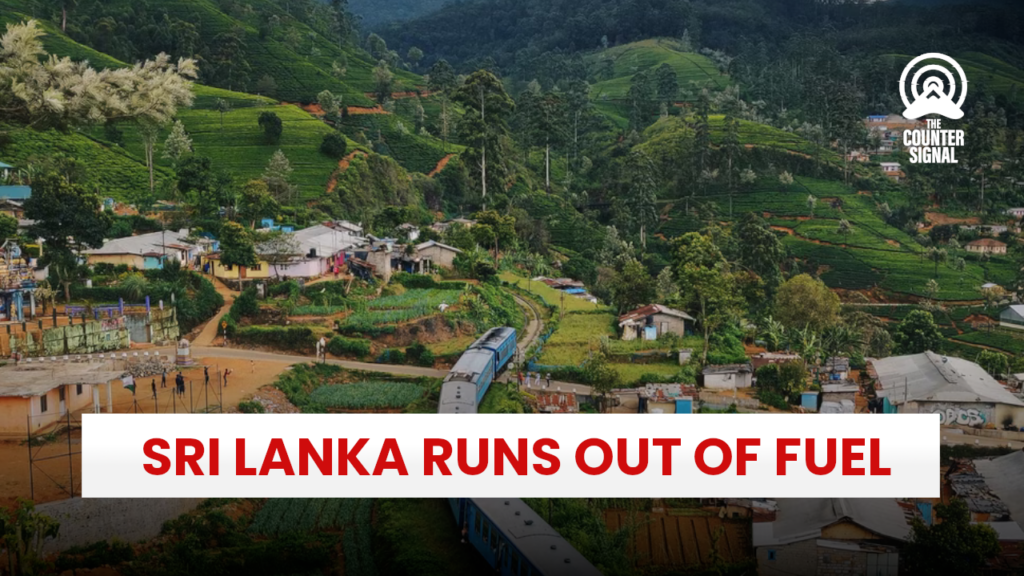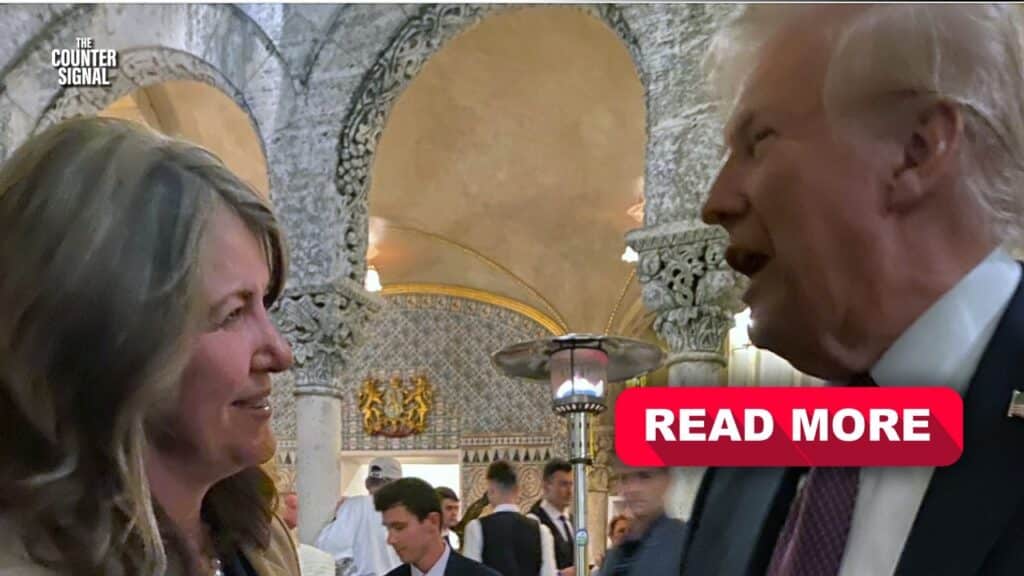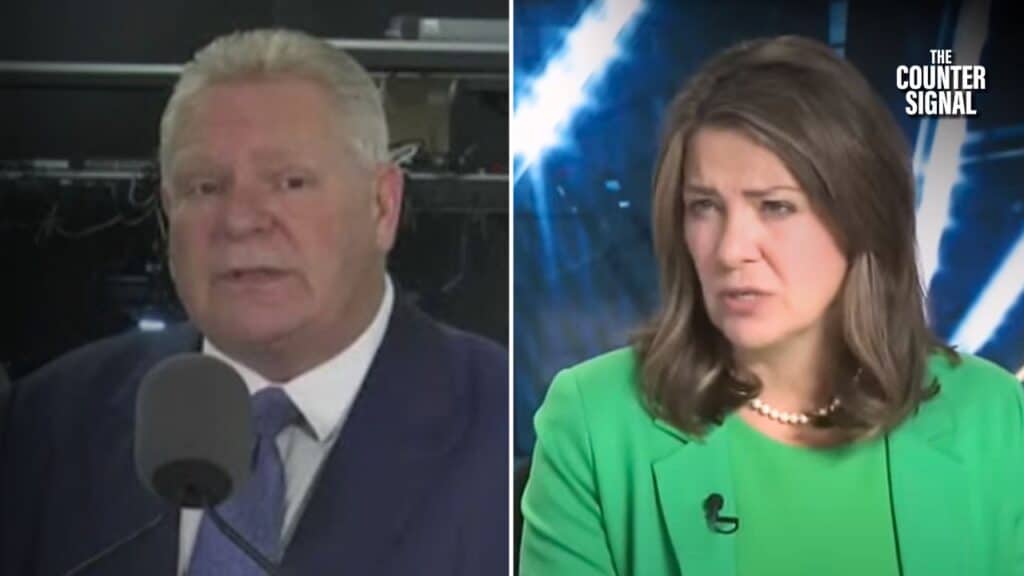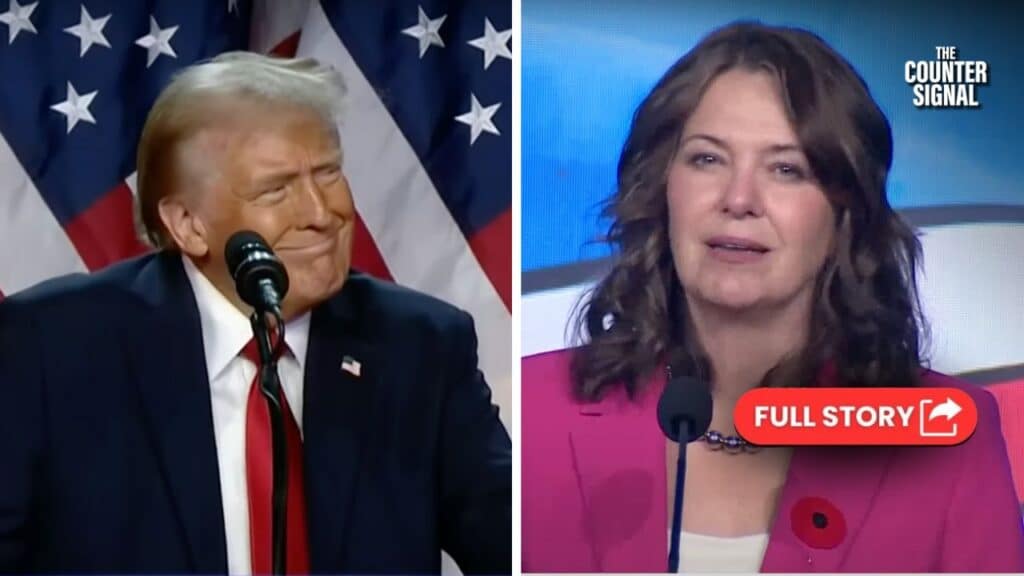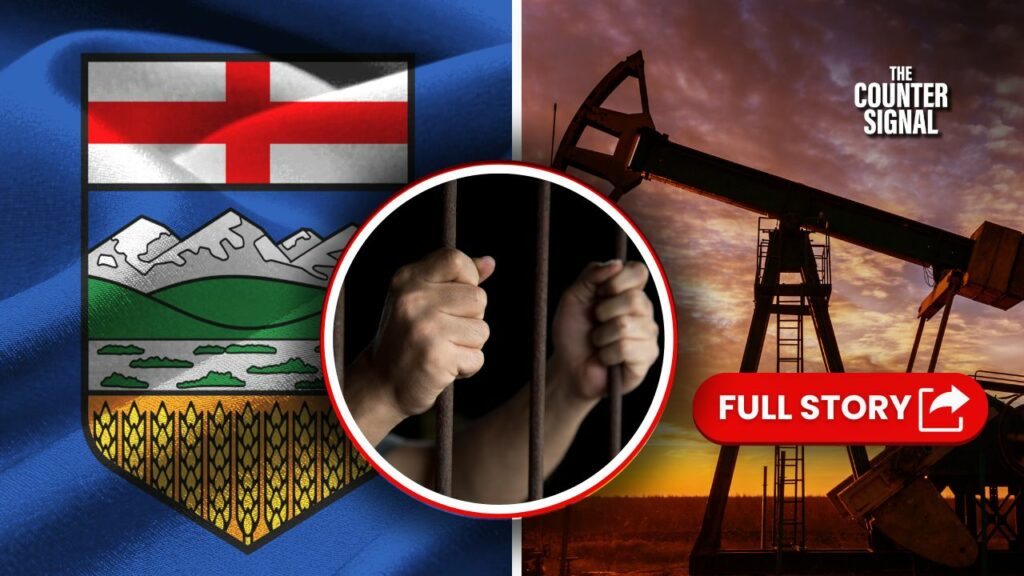Today, Sri Lanka could run out of fuel, medicine, and other essential goods if it doesn’t receive $75 million in emergency funding.
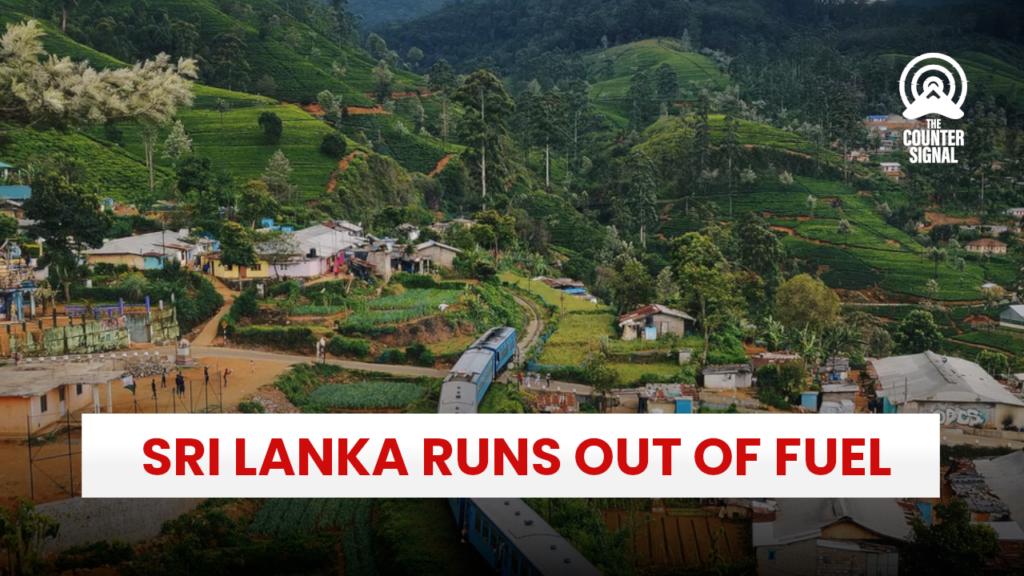
“We have run out of petrol … At the moment, we only have petrol stocks for a single day,” said newly elected Prime Minister Ranil Wickremesinghe.
On Twitter, Wickremesinghe warned his fellow Sri Lankans that they would face the “most difficult” time of their lives.
“The next couple of months will be the most difficult ones of our lives. I have no desire to hide the truth and to lie to the public. Although these facts are unpleasant and terrifying, this is the true situation,” wrote Wickremesinghe.
1. The next couple of months will be the most difficult ones of our lives. I have no desire to hide the truth and to lie to the public. Although these facts are unpleasant and terrifying, this is the true situation. #SriLankaEconomicCrisis
— Ranil Wickremesinghe (@RW_UNP) May 16, 2022
Sri Lanka’s electrical grid is primarily fueled by oil, and according to Wickremesinghe, there could be rolling 15-hour blackouts every day for the country’s population of 21 million.
Sri Lanka is in real chaos. Hungry residents are literally preying on wealthy residents and officials, burning their homes and cars. The police open fire to kill. More than 200 people have already been killed. pic.twitter.com/SBdXTsXpnE
— Wittgenstein (@backtolife_2022) May 16, 2022
The economic crisis is being driven by a number of things, including a foreign exchange shortage, rampant inflation and shortages in food and fuel. The country also recently called off an organic farming program which imposed a nationwide ban on synthetic fertilizers and pesticides.
Due to the policy, rice yields crashed by 20 per cent
in just the first six months of implementing the mandate. Additionally, the country’s tea production was heavily rocked.
Protestors have taken to the street to voice their opposition to the government’s mishandling of the economy.
The violent clashes have since led to 300 people being injured and another nine who died.
Videos on social media show protestors trashing luxury vehicles and mobs purportedly hunting down wealthy Sri Lankans on the streets.
Protests have been raging across Sri Lanka for nearly a month.
